If someone asks you what does it require to become a good pickleball referee? Some might answer we need proper training and practice. According to me, you must have a passion for this game more than training to become a good officiater! As you all know, my childhood passed in exploring pickleball with my mother, father, and 3 brothers. Who would have known that I would be a pickleball referee in the future? I am a computer professional graduate who is working with Quicksoft IT Solutions. But, in the 2019 COVID wave, everything got shut off.
I had to provide something productive to my sporty mind. That’s when I decided, I would transform my pickleball passion into an actual career. From getting inspired by legendary pickleball referee like Bryan Fresco to becoming a pickleball referee, I have come so long in my playing journey! I enrolled in an online pickleball referee program, attended all sessions regularly, and became a certified officiater during the COVID lockdown. In this article, I will share insights on ‘How to Become a USA pickleball certified referee?’ from my experience! Let’s not waste more time and move ahead in the article below.
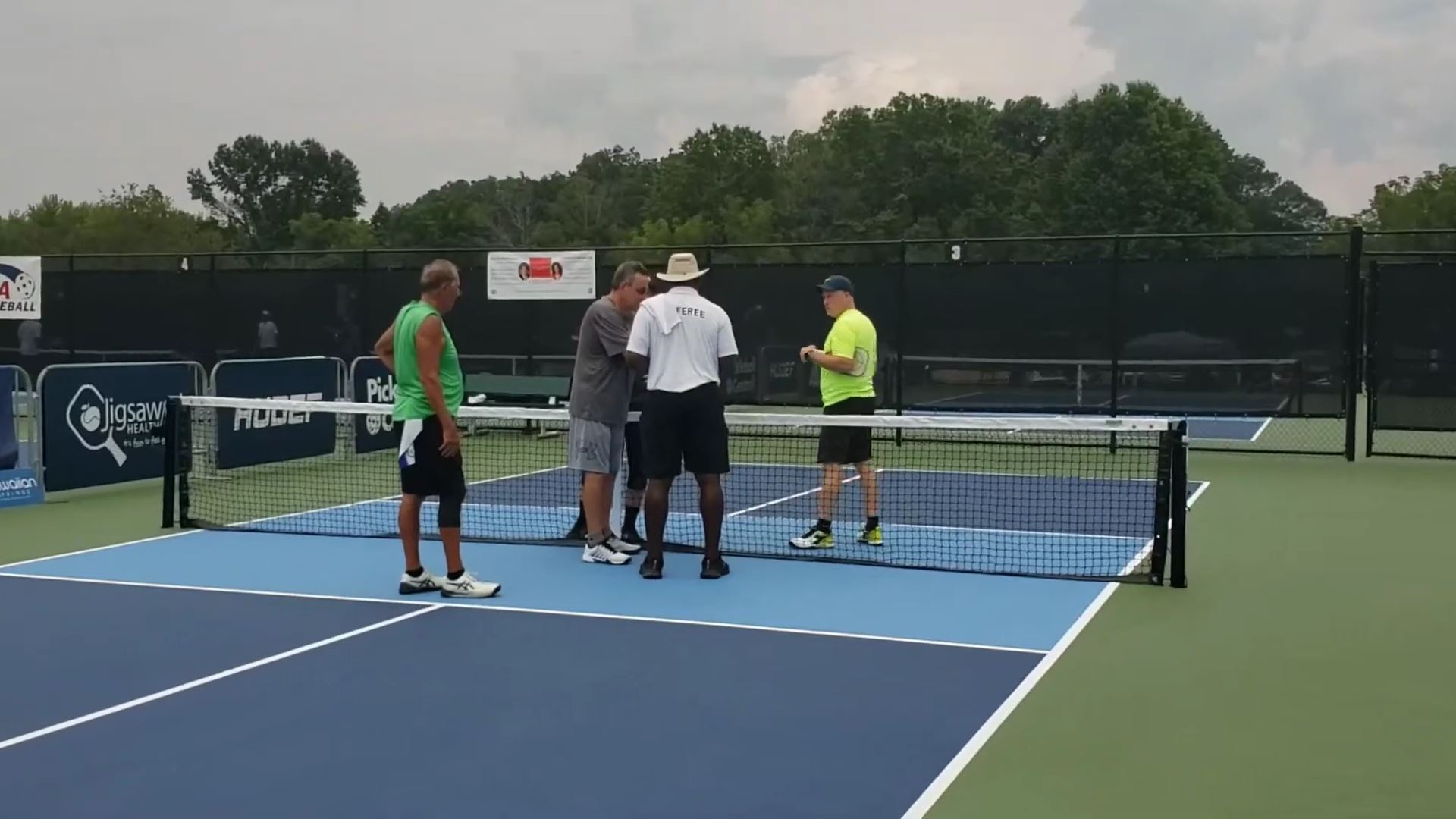
How To Become a USA Pickleball Certified Referee?
Entering the USAPA Referee Training & Certification Program is the foremost step for becoming a certified pickleball referee. All applicants should gain a thorough knowledge of the USA Pickleball Official Rulebook. This training goes longer as you need to pass many levels.
This program has its Tiered Referee Rating (TRR) system, which identifies the skills of non-certified candidates. Any certified referee or registered trainer can administer the assessment procedure to create a foundation for the TRR system for interested candidates.
The candidates are divided according to their level of training:
| Level | Specification |
| Newcomers | You will be considered as a newbie and learn about officiating. |
| Level 1 | You will act as a referee in matches for your friends on a non-sanctioned court. |
| Level 2 | You’ll continue to study rules and officiating and work with a trainer. |
| Certified referee | You’ll have to attend the Referee Test and Line Judge Test, score more than 90% to pass, and then you can be allowed to officiate the official matches. |
You also have to go through the USA Pickleball Officiating Handbook to learn about pickleball officiating standards and procedures that all USA Pickleball Officials follow.
Detailed Steps To Become A Certified Referee In Pickleball:
1. Registering In Referee Training Classes:
A USA Pickleball registered referee trainer conducts training classes for newcomers. The USAPA offers online or physical training opportunities for newcomers and line judges with the help of registered trainers. This training has two rules:
- You must be a USA pickleball member with a positive record.
- You must have age of at least 16 years.
If you cannot access USAPA training classes, opt for local pickleball organizations or online training classes that meet your needs.
You have to contact a Referee Training Coordinator (RTC). He will find or allocate you a nearby trainer for training classes according to your region.
What is included in this training?
- You are considered as a Newcomer in this phase. It is mandatory to see the Quickstart Video by USAPA.
- You have to go through and gain all knowledge of the USAPA official rulebook and handbook. Remember all necessary points from these books to implement them while refereeing matches.
- You have to sign up for the Online Player Test by USAPA to validate your skills and knowledge about the USA Pickleball match rules. You will immediately get a follow-up email after you submit the test online. It will show your score instantly. After this initial training, your actual on-field training starts. You have to participate as a referee and line judge in training and practice sessions for USA pickleball referees.
- You can judge recreational pickleball matches where you have to keep track of players’ moves, ensure that they are playing according to rules, and keep track of their scores.
- You can use a USA Pickleball scoresheet to record the score and call it out during the match.
- Work with your trainer regularly to adhere to the best USA pickleball officiating practices.
- Many players who want to participate in tournaments need a Pickleball referee for recreational play. This best opportunity allows the players to work on their playing skills and you (as a newcomer) to implement your officiating skills.
- You can start with singles matches first. Then, move to doubles matches as your confidence increases. Once you are done with referring a certain amount of doubles matches, you can volunteer to officiate at tournaments.
- Once you master to officiate the recreational matches, you can take the USAPA’s Referee Test and Line Judge Test to validate your potential.
Why are trainers offering more online training sessions?
- Players get to learn important topics in short segments.
- These sessions are useful for understanding the best practices and rules from anywhere from your home)
Here is an example of an online training session for better understanding:
Which types of training practices are done in this phase?
Your officiating coordinator can arrange practice sessions to train you as a line judge or referee.
- You can watch a match as a line judge.
- You can do officiating for live medal matches or local matches.
- You can shadow a referee for live matches and resolve your instant queries.
- You can officiate a live match and be shadowed by a senior and experienced referee. He will provide you with guidance to improve your judgment.
2. Entering in Level 1 Referee Position:
With consistent initial training as a newcomer, you enter the phase of Level 1 referee. Till now, you must have acquired basic referring skills such as:
- Should be able to judge non-medal or recreational matches with some assistance.
- Must know basic officiaing rules for watching faults, incorrect positioning, etc.
What is needed to check at the Level 1 referee stage?
- The level 1 referees take the Officiating Procedures and Best Practices Test with the ‘Players Test’ and the ‘Referee Test.’
- These applicants have to obtain the visual acuity documentation. They should meet the 20/30 visual acuity using individual applicant’s both of the eyes with or without lenses to qualify Level 1 stage. You should sign this form from a medical professional within 12 months of the test.
- Now, ask your trainer or legal referee to assess your referring skills. To qualify for the Level 1 stage, you must follow the requirements mentioned in the TRR form for Level 1.
3. Becoming A Level 2 Pickleball Referee:
You can become a level 2 referee after completing the level 1 pickleball position. There are a few steps and rules to become a level 2 officiater.
Qualification needed to become a level 2 pickleball referee:
- You must have one year of experience in referring and judging pickleball matches.
- You must pass the tests for level 1.
- You must complete level 2 training and pass the level 2 tests.
- You must have good communication skills, logical thinking, and a positive mindset towards players and other referees.
- You must resolve conflicts,
Steps to become a level 2 pickleball referee:
- You must keep your studies updated with the USAPA rulebook and the Referee Casebook.
- You must follow the best practices mentioned in the Officiating Handbook.
- In this stage, you must ask your mentor through regional RTC to evaluate your referee skills.
- It will involve an Advanced Training Session (ATS) to check your skills and judgments. ATS simulates routine game situations that can commonly happen during certificate evaluation.
- You will find and pay the fees for the court to conduct an ATS. For an ATS, a Certified Referee, or the regional CRC administers, your mentor, and 4 to 8 pickleball players need to be present at that time.
- The results of your ATS are shared with your regional CRC. If you complete ATS with positive results, your CRC will interview you on the phone or face to face to check your knowledge of pickleball rules and practices.
- If the CRC concludes that you are ready, he will contact the referee Administrator who is USA Pickleball Certified to register your spot for the referee certificate application.
4. Becoming A Certified Referee:
This is the last and final step to becoming the official USA pickleball referee. Til this stage, you have earned deep experience in officiating tournaments and leagues. After arranging the CRC to get a mentor for your referee certification, you must complete ATS.
Also, you should pass the Referee Test and Line Judge Test score of 90% each. Similar to the above regulation, you must submit the latest visual acuity documentation. Note that the application fee has to be paid after your application gets accepted.
Becoming a pickleball officiator is like living your passion for this game. You get to travel around the States, meet your long-distance buddies, and give back to the pickler community! It is a pride that I got to wear the spectacular ‘white jersey’ after getting certified as a referee.
Role of a Pickleball Referee:
Speaking of pickleball officiators, I remember one of the greatest referees named ‘Byron Freso’. He was always a sports enthusiast involved in many games. Officiating the game was not only limited to pickleball for him. Previously he was a officiator in
- National-level volleyball,
- level-3 racquetball,
- soccer,
- table tennis, etc.
He says ‘if you want to become a better player, understand and assess the rules first.’ That’s the key to being a good sportsman.
Byron started officiating right away from 2011 in national matches. His passion for pickleball was to such a great extent. Being a referee, he was always traveling. One day his friend gave him an idea about living in an RV to ease the travel. He shared this idea with his wife and one month later, they started their life in an RV in 2013.
He is one of the top 8 referees of USA pickleball who works all around the States. Despite his spine issues, he is always very energetic and keen to officiate matches. For emerging referees, he gives his two cents ‘You must have passion for this game to understand the rulebook and follow the rules for good quality officiating.’
Every pickleball officiator goes through tedious and enthusiastic training. During his training days, he needs to officiate non-medal, recreational, official, and legal tournaments as per his passing levels 1, 2, and certification.
So, pickleball referees have some roles to follow for smooth and hurdle-free matches. I have described these roles from my referring experience as follows:
1. Homework Of USAPA rules:
As a pickleball referee, you must review and revise all USAPA pickleball rules from the USAPA rulebook and officiating handbook before each match. I used to read all the rules before officiating recreational matches during my ‘Newcomer’ days.
As days passed and I succeeded in levels 1 and 2, I remembered them automatically without reading. You need to revise the rulebook regularly if there are any updates or changes in rules.
2. Arrive at court before time:
As a Referee, you must reach the courts earlier than players, schedule the matches, ensure equipment availability, get familiar with court structure, and communicate with match organizers.
3. Stay Organized:
Keep a scoresheet, pen, and writing pad to track the score record. Come with a whistle, a water bottle, and a proper referee jersey according to the weather. in the match. Keep a positive environment and calmly solve disputes if they happen.
4. Be in touch with players and organizers:
Make sure you loudly speak the score during the match for players. You should communicate with the match organizers regarding court availability, timing, daily match schedules, etc.
How Much Does It Cost To Become A Pickleball Referee?
You have to pay different application fees for various levels of tests and training. I have enlisted their prices below:
| Sr. No. | Name | Fees |
| 1. | Annual Membership Fees |
$ 60 for 1 year $ 165 for 3 years $ 270 for 5 years |
| 2. | Referee certificate renewal | $20 |
| 3. | Referee certificate evaluation | $ 125 |
I feel, your time and passion are more valuable assets than money to become a good pickleball referee. There are so many sub-levels that you have to pass, get evaluated, and perform on-court tests. So, it is the skillful passion that matters and costs the most for me!
Conclusion:
Being a pickleball referee is fun yet challenging. Officiating a match is not as easy as it seems. You have to stay on the side of the rules, let the game be played ethically, and call out the score correctly. You can become a good pickleball officiator if you are logical, athletic, alert, positive, and a sports enthusiast, Age doesn’t matter in officiating a match. Your desire and passion play a major role in genuinely officiating the match abiding by the rules! Would you like to become pickleball refree? Do let me know in the comment section below!
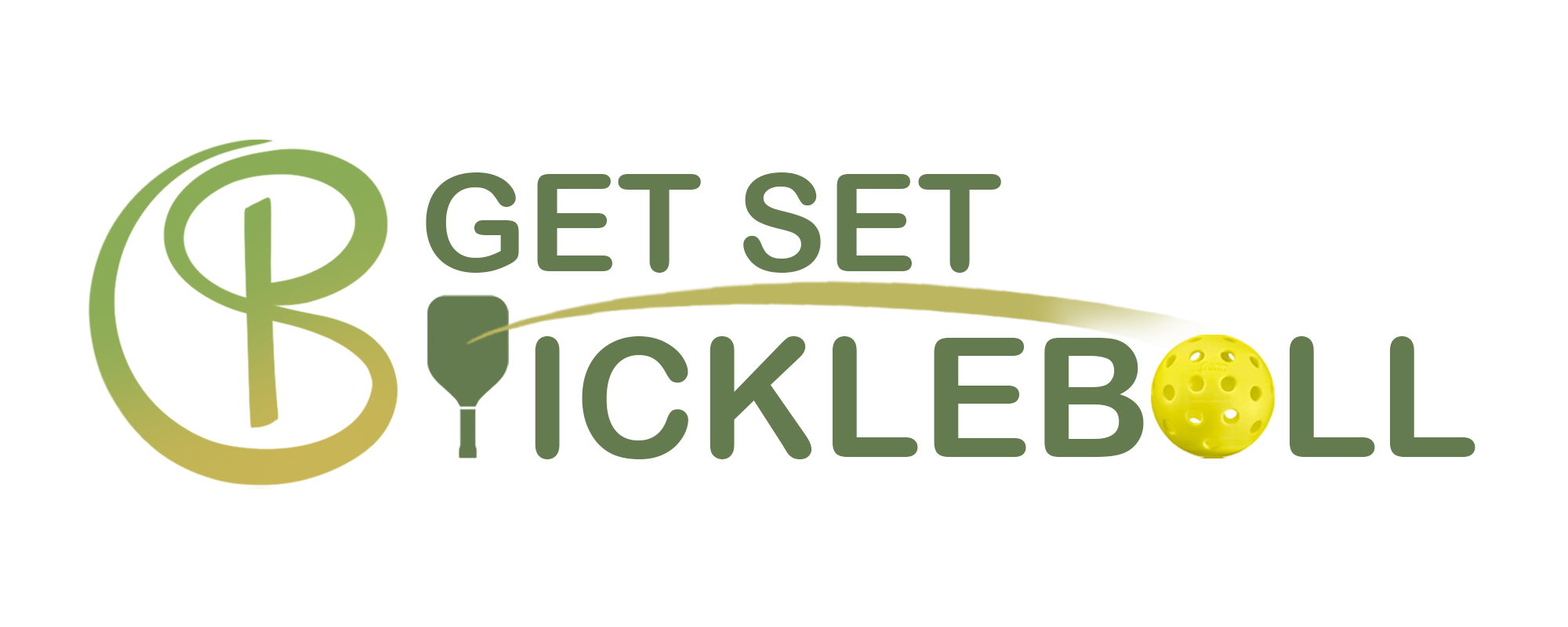
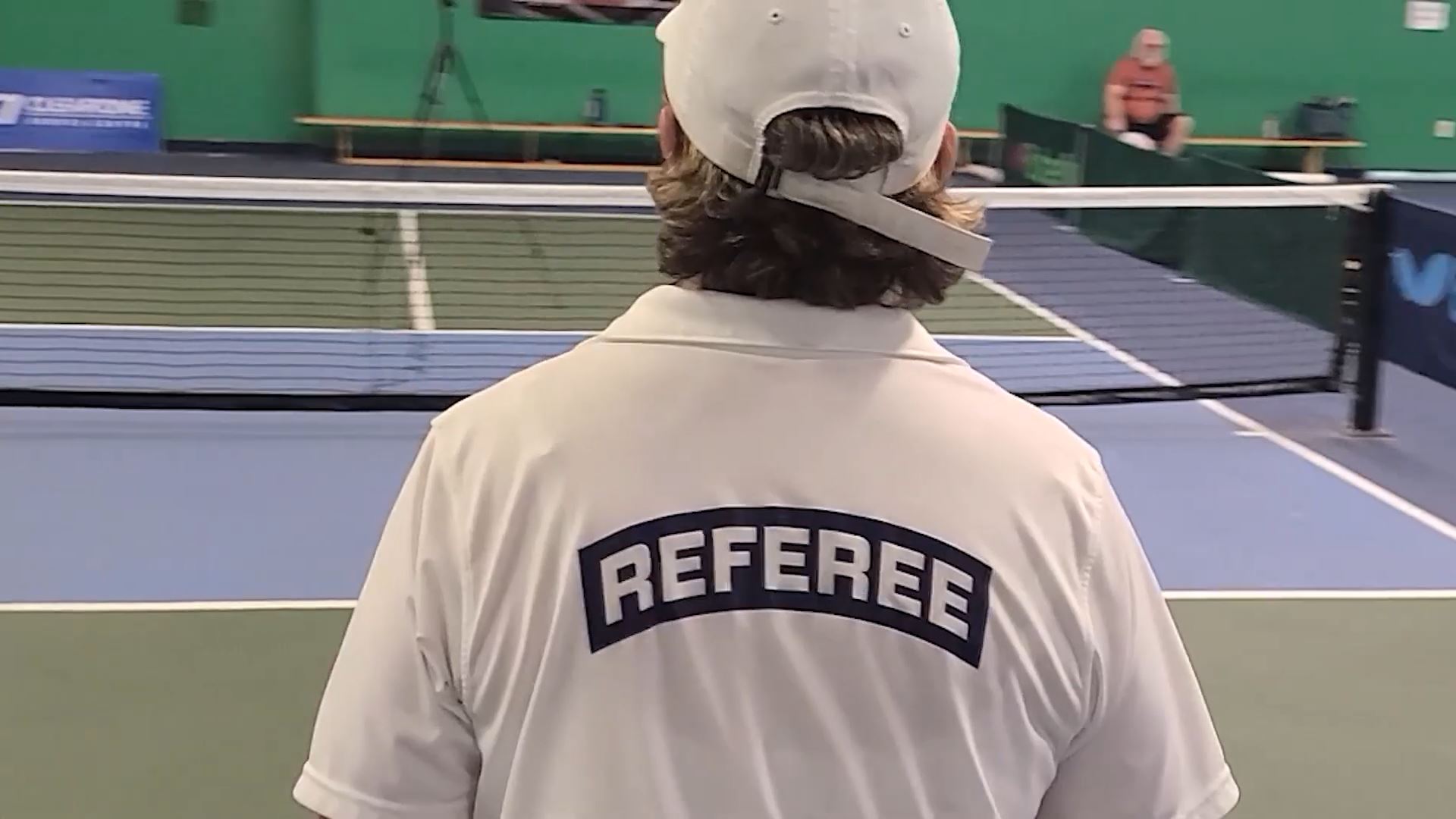

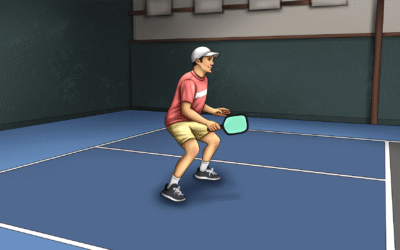
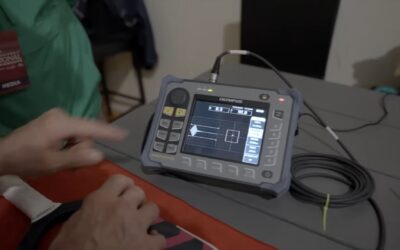
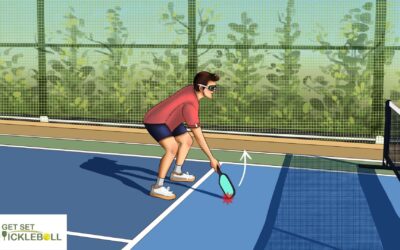
0 Comments